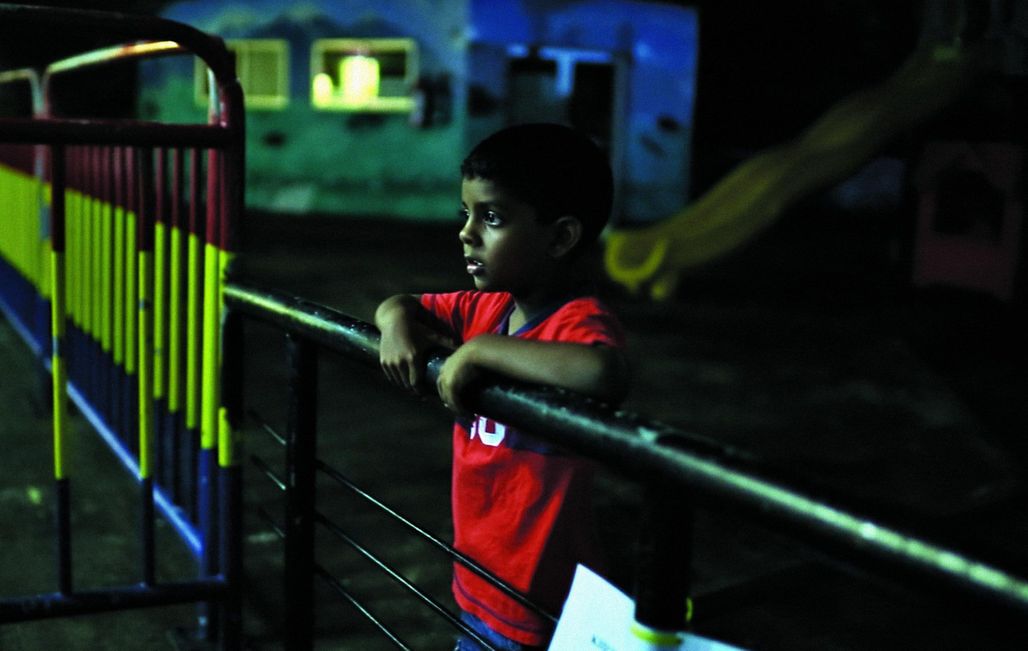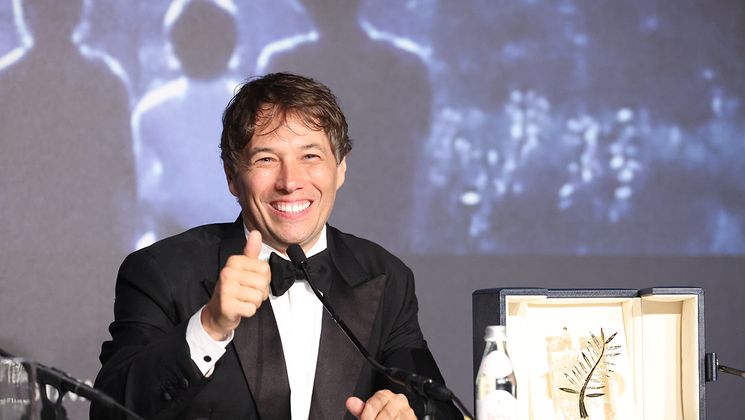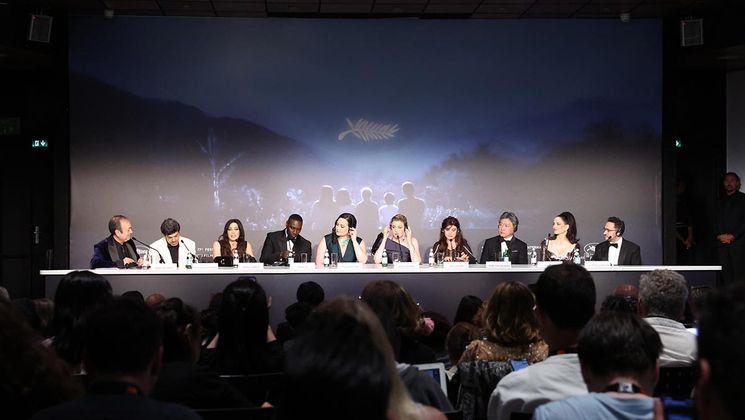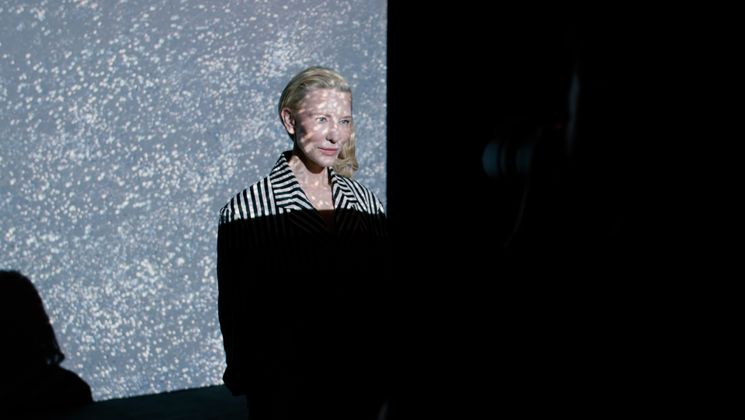
Demons in Paradise, at the heart of Sri Lanka’s civil war

1983, Jude Ratnam is 5 years old. He flees aboard a red train from massacres carried out against the Tamils by Sri Lanka’s pro-Sinhalese government. In his first documentary, the Sri Lankan Tamil director reflects on the country’s 30-year civil war. The film is being shown as a Special Screening.
Demons in Paradise is the result of 10 years of work. What inspired you to make this film?
I never thought I would make films. I was formally a human rights activist. Until 2006, I was working in the NGO sector. At that time, there was so much going around us, and I felt quite helpless. I wondered how I could reach people. When I watched Modern Times by Charlie Chaplin, I realised that films could do amazing things. That’s when the idea of telling the story of the conflict came about.
Demons in Paradise is your first documentary, shot on location. Were there any risks in making this film? What challenges did you face?
Of course! It was because of all the restrictions that I made this documentary. If there hadn’t been that many restrictions, I wouldn’t have done it. There were many obstacles to overcome, especially because I am a Tamil filmmaker. I had to play tricks to direct the film. For instance, I had to come up with the idea of a love story to be able to shoot in a particular location. The significant thing is that the whole crew was Sinhalese and they secured the permission for me. But I never wanted to give up.
What was the process involved in making this documentary?
Initially, I had the setting in my mind. When I started to write it, it looked very historical. But Julie, my producer, she suggested that my story should be the topic of the documentary. And I was reluctant to do that at first, because I didn’t want it to be the focus of the documentary. But it made me think and then I realised that there was so much more in my family itself that I could explore. That was when I started to realise what the structure and form of the documentary would be. I started shooting with my uncle who came from Canada. Thanks to him, I met militants and then people who helped me with my research. It was a mammoth process.
You are the first Sri Lankan director to offer an internal perspective. How did this standpoint influence the documentary?
It was important for me to have this introspective look at the conflict, because I realised that in war, no one is innocent. When you watch a documentary made from an outsider’s point of view, you tend to have this feeling that one side is innocent.
How do you think the film will be received in Sri Lanka?
My guess is that there will be fewer problems in Sri Lanka than in the other countries where the Tamil diaspora lives. This is because the ideology built up by the Tamil Tigers is that we are the victims and that the world has to acknowledge that it was a genocide. And my film actually questions all of this.
Can you tell us about your next project?
I’ve had something in mind for 5 years, a documentary again, although I enjoy playing with "real" characters and put them in an almost fictional situation. I like the whole experience of the uncertainty that the documentary genre brings. I want to keep that uncertainty.


